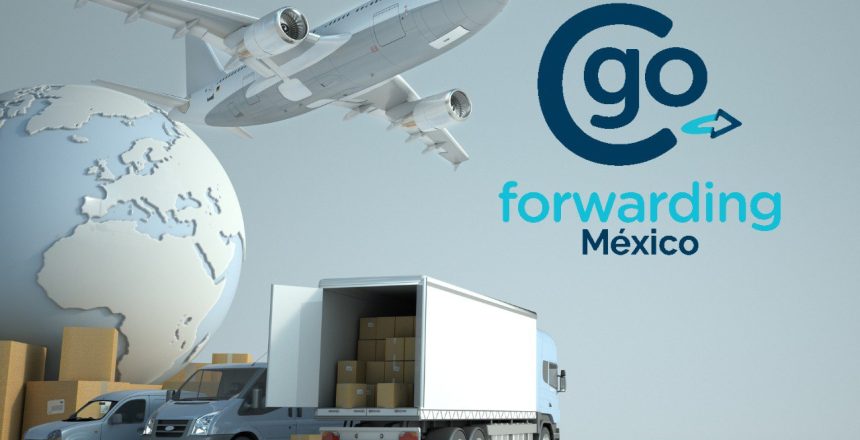Customs formalities are an integral part of international trade. They refer to the set of procedures and paperwork required by customs authorities to regulate and control the import and export of goods between countries. These formalities can be complex, and it is crucial to understand the different types to ensure a smooth transportation process.
Why are customs formalities important?
Customs formalities serve different purposes, including:
- Regulating and controlling the import and export of any type of items
- Collecting revenue for the government
- Protecting the country’s economy and security
- Ensuring compliance with national and international regulations
- Preventing the entry of prohibited or restricted goods into the country
The customs formalities can be time-consuming, but failure to comply with the regulations can result in fines, delays, or in some cases, even the confiscation of goods. Therefore, it is important to comply with the regulations of each country.
Types of customs formalities
The process can vary depending on the country and the type of cargo being imported or exported. However, some of the common types of customs formalities include:
Pre-arrival customs clearance
The process of presenting the required documentation and information to the customs authorities before the goods arrive in the country. The purpose of pre-arrival customs clearance is to facilitate the smooth and timely processing of goods upon arrival.
Customs declaration
A document that contains information about the imported or exported products, such as the value, quantity, and description. The customs declaration is required for the assessment of customs duties and taxes and for confirming compliance with national and international regulations.
Inspection and release of goods
The customs authorities may inspect the items to make sure that they match the information provided in the customs declaration. Once the inspection is complete, the goods will be released for further processing.
Payment of customs duties and taxes
Fees imposed by a government on imported or exported cargo. The taxes are calculated based on the value, quantity, and type of goods being transported.
Documentation required for customs formalities
The documentation required can also vary depending on the country but in most cases the following documents are mandatory:
- Commercial invoice: A document that contains information about the goods being transported.
- Bill of lading: The bill of lading contains information about the carrier, the consignee, the port of loading and discharge, as well as the description of the goods.
- Packing list: A list that contains detailed information about the contents of each package or container.
- Certificate of origin: This document certifies the origin of the goods. Is required for the assessment of customs taxes and for compliance with international trade agreements.
Even though these legal procedures may be a bit tedious, they are mandatory, and not following them completely can lead to various problems, so it’s always best to make sure to comply with all these obligations properly even when they may take some time. Make sure to check our website to know more about all of these operations.
Web: cgoforwarding.com
IG: @cgoforwarding
LinkedIn: CGO Forwarding México
Email: mexico@cgoforwarding.com

